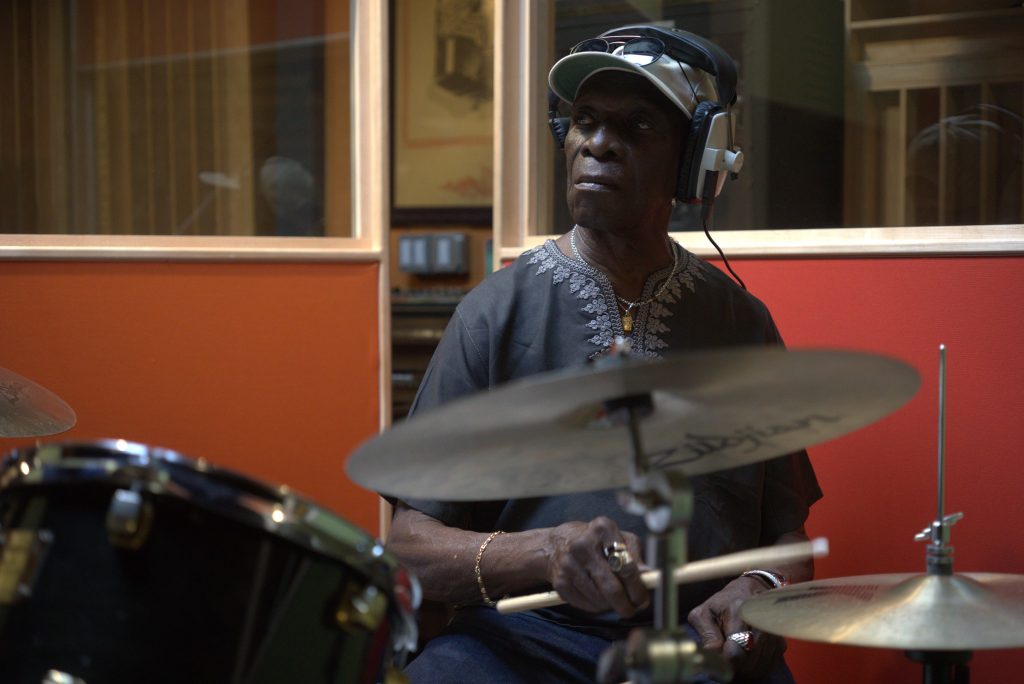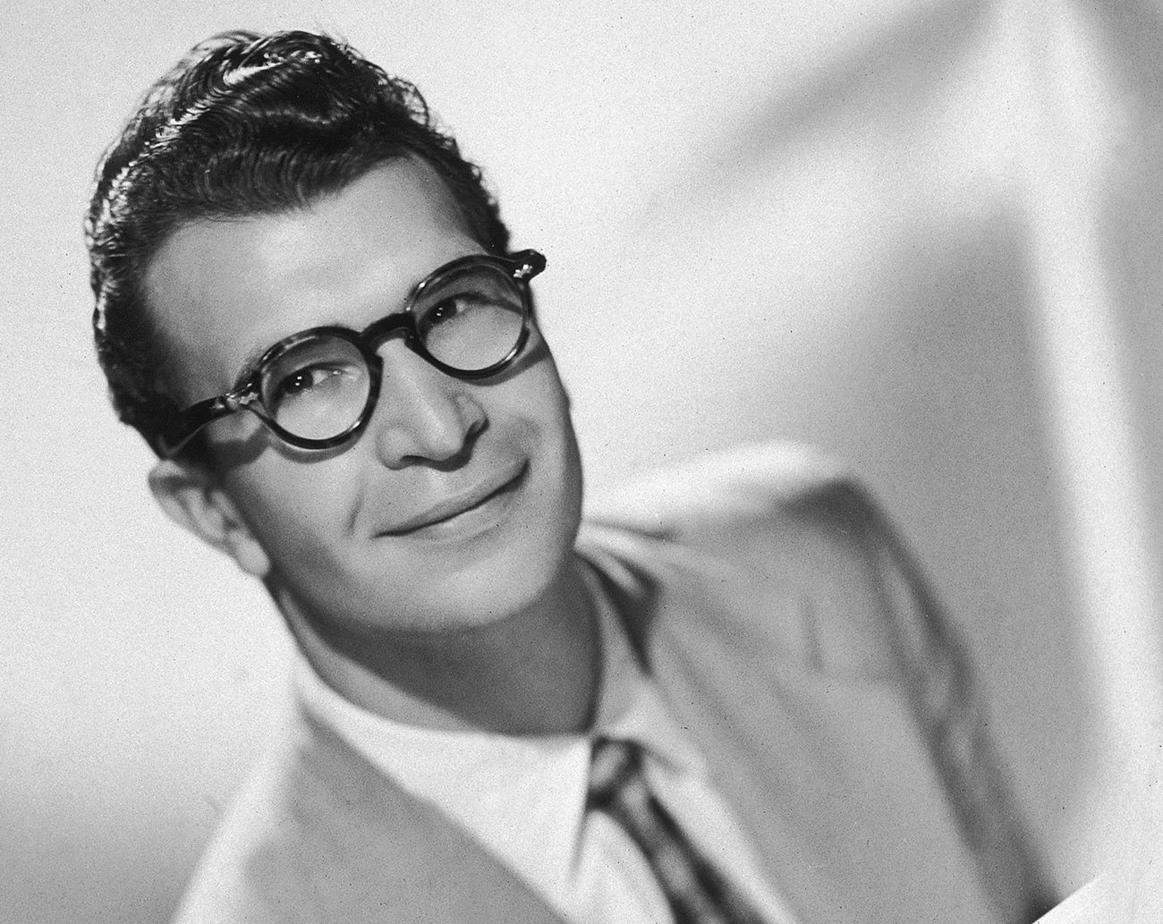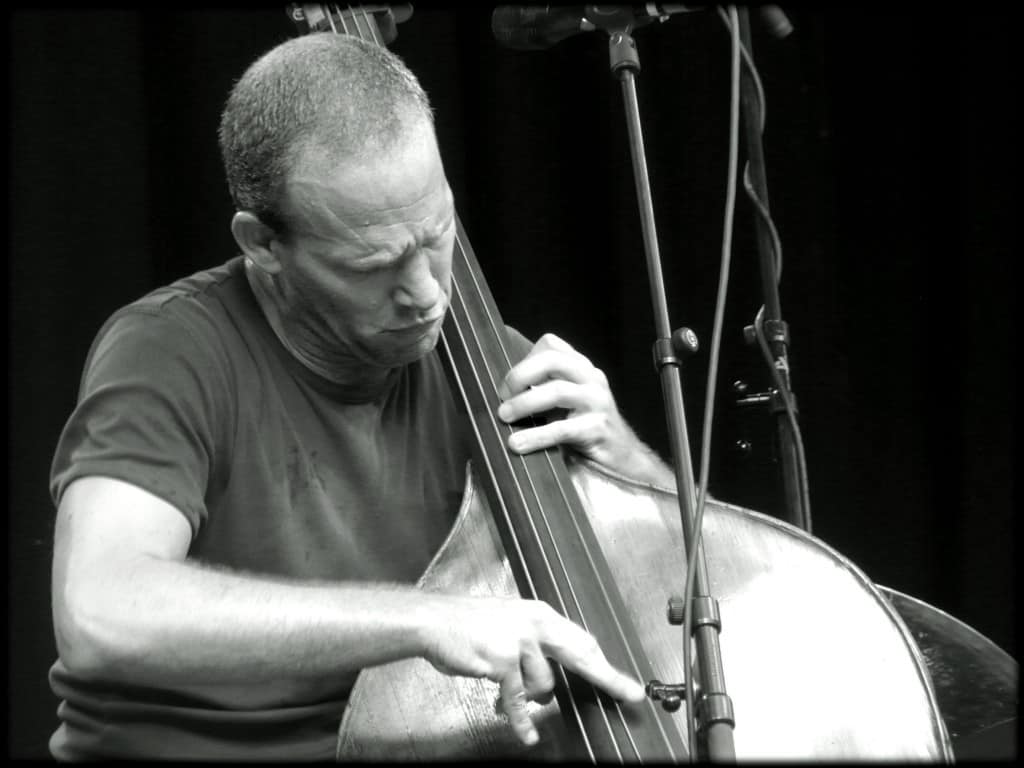Tony Allen: The Genius Drummer Who Defined Afrobeat
The genius that is Tony Allen departed this mortal world in April of 2020, but not without leaving an unmatched legacy that crossed oceans and borders, bridging cultures and forging a sound that changed music. As the drummer for Fela Kuti’s revolutionary Africa 70, Allen’s polyrhythmic drumming defined Afrobeat, combining American Jazz and Nigerian Highlife to animate one of the most iconic performers ever. Tony Allen’s music is an ongoing testament to the interconnected musical relationships and dialogues across the African diaspora and their lasting influence on listening.
With each subsequent release, Jazz Is Dead continues to exalt the legacies of iconic musicians who have shaped the fabric of Jazz across generations, genres, and continents. For their latest instalment, the label connected with the late great Tony Allen, best known for his foundational work as the drummer for Fela Kuti’s Africa 70. Throughout Allen’s recording career, he defined the Afrobeat sound, meshing Funk & Jazz influences with Nigerian Highlife to create a cross-cultural dialogue that has gone global.
It was no small honour to welcome Mr Allen for an extraordinary recording session at Linear Labs Studio during the summer of 2018, and we could not be more thrilled to share these crucial and downright funky cuts with you.
On album opener “Ebun”, guitars and horns build off Allen’s instantly recognizable drum patterns, stretching and warping time signatures as they cross paths. It instantly recalls the seminal Africa 70 recordings Allen was a driving force on. Psychedelic keyboards and percussion clash on “Steady Tremble”, a heavy stomper tailor-made for dancefloors in every corner of the world. Just as funky is the kinetic and expressive “Oladipo”. Built between a tense call and response between the horns, the track is filled with drama, and Allen steadily balances each element as soon as the flute struts in alongside fiery horns and guitar on “Don’t Believe the Dancers”, the groove plunges further, propelled by an acerbic saxophone solo that animates Allen’s percussion.
“Makoko” is a moody, mid-tempo jam that evokes classic Fela Kuti recordings such as “Open & Close” and “Gentleman”, slowly constructing an elaborate orchestra of polyrhythm, all keeping step with Allen’s rhythm. “Lagos” points towards the spiritual and literal home of Allen and Afrobeat, the capital of Nigeria, and homes in on a yearning keyboard.
Similar to his excellent Art Blakey tribute record, Tony Allen is a revelatory jazz drummer, as heard on “No Beginning”, a mid-tempo tune that sits at the nexus of Spiritual Jazz and Afrobeat, which perfectly transitions into the album closer, the aptly titled “No End”, a poignant number that combines all of the passion and precision of the previous tracks, and lets Allen guide listeners yet again as only he so effortlessly could.

Despite Allen’s finite time on this planet, as do all of us, his contributions to music are timeless and untouchable.
They will continue to inform and inspire generations to come. Jazz Is Dead is honoured to have played a part in the legacy of Tony Allen and invites you to discover the unparalleled genius that shifted the entire world’s conception of time, a magician who alchemized the past with the future and influenced countless listeners, currently and to come.
Tony Allen Bio
The genius that is Tony Allen departed this mortal world in April of 2020, but not without leaving an unmatched legacy that crossed oceans and borders, bridging cultures and forging a sound that changed music. As the drummer for Fela Kuti’s revolutionary Africa 70, Allen’s polyrhythmic drumming defined Afrobeat, combining American Jazz and Nigerian Highlife to animate one of the most iconic performers ever.
Throughout Allen’s tenure with the group, and later as a solo artist, he would continue to relentlessly innovate, incorporating new sounds and working with scores of contemporaries. His contributions as an artist and cultural ambassador left an indelible impact on every genre of popular music, from Techno to Jazz to Rock and Hip-Hop. Tony Allen’s music is an ongoing testament to the interconnected musical relationships and dialogues across the African diaspora and their lasting influence on how we listen.
Aside from traditional Yoruba Juju music, Tony Allen was enamoured with Jazz, particularly the recordings of Art Blakey, Max Roach, and Elvin Jones, who had begun experimenting with West African rhythms and musical concepts. At the time, Nigeria’s modern Igbo Highlife music incorporated influences from Jazz, formulating what became known as Afro-Jazz, connecting the American genre back to its roots.
These early cross-cultural dialogues pushed Allen to develop a drumming style that fused Highlife and Jazz.
In the mid-1960s, Allen met Fela Kuti, and the two formed the group Koola Lobitos, which would later grow to become the legendary Africa 70 band. Nigerian audiences did not immediately take to this new sound, but following a trip to the United States, Kuti was exposed to James Brown and the Black Panthers. Allen began to incorporate the sounds of Black American Funk and Soul. By the 1970s, the group morphed their influences into Afrobeat, the sound of post-colonial Africa, making music concerned with economic and political liberation and Pan-Africanism.
The nearly 30 records Allen appeared on with Africa 70 contain some of the most innovative drummings ever. On classic albums like 1973’s “Gentleman” and 1977’s “Sorrow, Tears, and Blood”, Tony Allen is the driving force, the interplay of hi-hat and bass drum commanding your attention as a vocalist would. Throughout his time with Fela Kuti and Africa 70, Tony Allen introduced the world to Afrobeat and an entirely new way of conceptualizing rhythm. On Allen’s impact, Fela Kuti stated, “Without Tony Allen, there would be no Afrobeat.” In his post-Fela career, Allen moved to Paris and continued to be a vanguard. He experimented with Dub, Electro, and Hip-Hop.
He was a willing mentor, collaborating with several generations of musicians inspired by his vocabulary.
French pop artists, such as Sebastien Tellier, Air, and Charlotte Gainsbourg, called upon Allen to help shape some of their most well-known work, such as Tellier’s “La Ritournelle” and Gainbourg’s “5:55”. You can hear Allen’s influence on Rock music through the Talking Heads, who cited Allen’s playing on 1973’s “Afrodisiac” as foundational to the sound of their 1980 classic “Remain in Light”. His collaborations with Damon Albarn of Blur and Gorillaz formed the bands The Good, the Bad, and the Queen and Rocket Juice and the Moon, where rock stars like Paul Simonon and Flea were eager to enter a conversation with a musician Brian Eno once called “perhaps the greatest drummer who has ever lived”.
On some of his last recordings, Allen returned to his love of Jazz, reminding listeners of the ongoing influence and legacy of the diaspora. Recording with Blue Note, he released a tribute to his hero Art Blakey, along with an original material album and collaboration with the South African trumpeter Hugh Masekela. In 2018, Allen and Techno pioneer Jeff Mills released an EP that fused Afrobeat, Jazz, and Techno. On 2021’s aptly titled posthumous recording “There Is No End”, Allen worked with Hip-Hop artists such as Danny Brown and UK Grime star Skepta.
Allen remained a constant innovator, absorbing sounds derived from West African music and conversing with new generations, passing on the ideals of Pan-Africanism. For Jazz Is Dead producers Adrian Younge and Ali Shaheed Muhammad, sharing new music recorded with the drummer revolutionary Tony Allen is no small honour.




